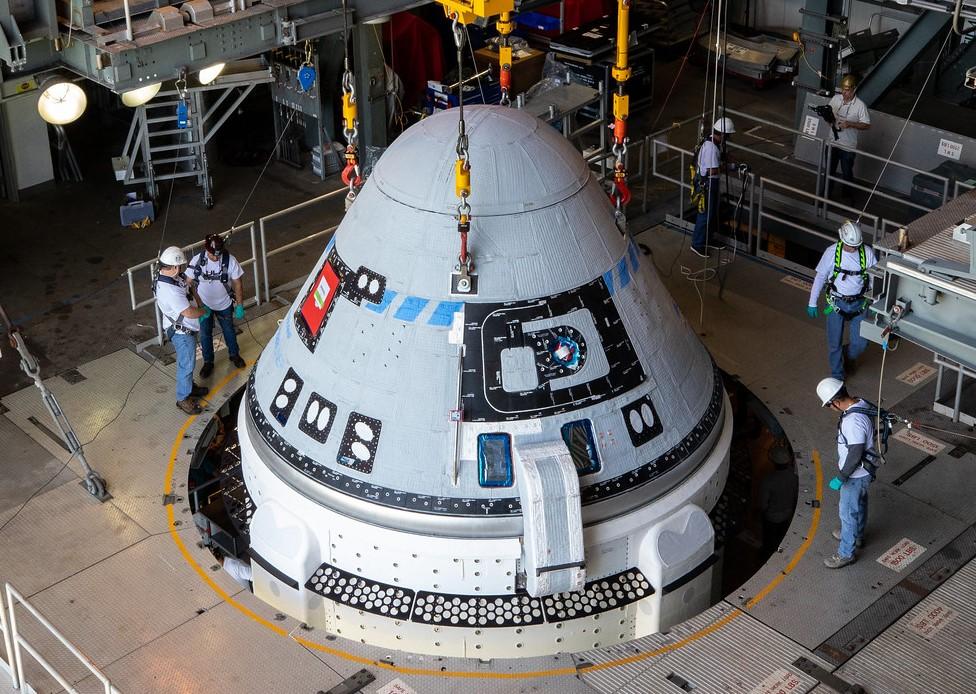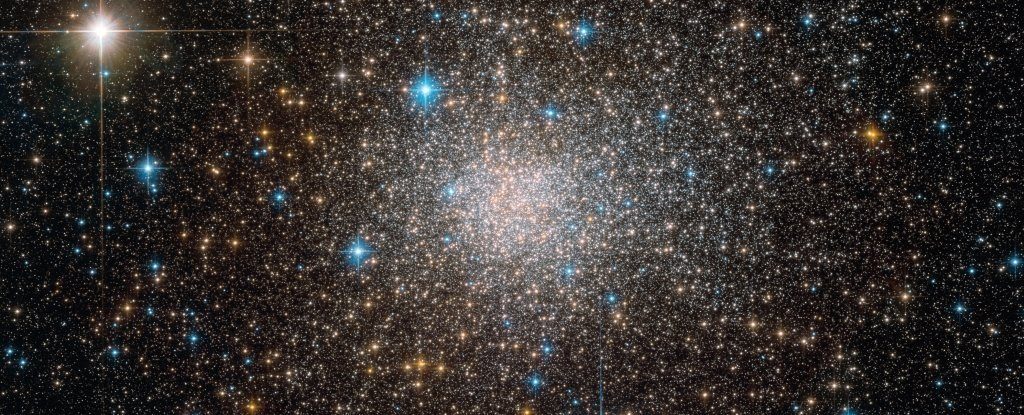Boeing has pushed back the dispatch introduction of its Starliner shuttle to Dec. 19, a two-day delay, because of a glitch with the shuttle’s Atlas V rocket.
The uncrewed Starliner practice run, which will dispatch the Boeing container’s initially full circle to the International Space Station, will currently dispatch no sooner than Thursdays, Dec. 19, at 6:59 a.m. EST (1159 GMT). The 48-hour defer will enable architects to address a “purge air supply” issue on the Atlas V rocket worked for the strategic the United Launch Alliance (ULA), a joint endeavor by Boeing and Lockheed Martin.
“Both the rocket and the spacecraft are healthy and moving through standard pre-launch processing,” Boeing agents wrote in a report on Twitter.
Boeing’s Starliner space case is intended to dispatch space travelers to and from the International Space Station under a business group contract with NASA. The rocket will dispatch in any event four space explorers to the space station for a long-term strategic return them to Earth, utilizing parachutes and airbags to arrive in California’s Mojave Desert.
On Nov. 21, Boeing uncovered its first Starliner shuttle, joining it to the Atlas V rocket that will dispatch it to the International Space Station not long from now on the Orbital Flight Test, or OFT, experimental drill. The uncrewed dry run “will provide valuable data on the end-to-end performance of the Atlas V rocket, Starliner spacecraft and ground systems, as well as in-orbit, docking and landing operations,” NASA authorities have said.
Prior in November, Boeing effectively propelled a cushion prematurely end practice run to check Starliner’s break framework intended to pull the shuttle free of its rocket in a crisis.
Boeing is one of two U.S. organizations with NASA agreements to fly American space explorers to space on private shuttle. The other organization is SpaceX, which effectively propelled its first uncrewed Crew Dragon experimental drill to the space station in March of this current year. SpaceX is additionally expected to dispatch an in-flight prematurely end framework experimental drill not long from now.
NASA as of now expected Boeing and SpaceX to start flying space explorers to space in 2020. That will be a significant defining moment for NASA, which has been subject to Russia’s Soyuz rocket for group dispatches since the office’s space transport armada was resigned in 2011.
Prior in November, Boeing effectively propelled a cushion prematurely end experimental drill to check Starliner’s getaway framework intended to pull the shuttle free of its rocket in a crisis.
Boeing is one of two U.S. organizations with NASA agreements to fly American space explorers to space on private shuttle. The other organization is SpaceX, which effectively propelled its first uncrewed Crew Dragon experimental drill to the space station in March of this current year. SpaceX is likewise expected to dispatch an in-flight prematurely end framework practice run not long from now.
NASA at present expected Boeing and SpaceX to start flying space travelers to space in 2020. That will be a significant defining moment for NASA, which has been subject to Russia’s Soyuz rocket for group dispatches since the office’s space transport armada was resigned in 2011.
Disclaimer: The views, suggestions, and opinions expressed here are the sole responsibility of the experts. No journalist was involved in the writing and production of this article.



